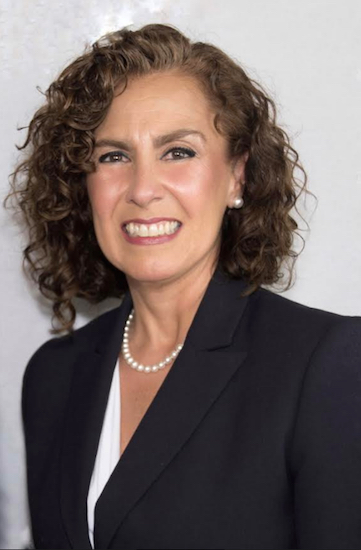Immigrant candidate for Civil Court judge Is model for today’s ‘Dream Act’ efforts

Connie Mallafre Melendez is currently running for Civil Court judge in Kings County. She was born in Cuba and as a young child came to the U.S., where she worked her way through college and graduated from Rutgers University magna cum laude with a Bachelor of Arts in psychology. In 1983, she enrolled in Brooklyn Law School, where she received a Juris Doctor in 1986.
Melendez is the principal law clerk for Justice Marsha L. Steinhardt at the New York Supreme Court in Kings County.
She recently spoke to the Brooklyn Eagle about her experience as an immigrant coming to America, about what motivated her to want to pursue a career in law and her desire to become a Civil Court judge.

Brooklyn Boro
View MoreNew York City’s most populous borough, Brooklyn, is home to nearly 2.6 million residents. If Brooklyn were an independent city it would be the fourth largest city in the United States. While Brooklyn has become the epitome of ‘cool and hip’ in recent years, for those that were born here, raised families here and improved communities over the years, Brooklyn has never been ‘uncool’.